Alexander Grechaninov: Complete Music for Viola and Piano
Alexander Grechaninov saw much change in the course of his long life (1864-1956), fleeing Revolutionary Russia into exile, first in Paris and then the United States. A member of the second generation of nationalist composers — he was a student of Rimsky-Korsakov and Taneyev — he never abandoned an essentially Russian lyricism, as these attractive but largely unknown viola works make clear.
Elena Artamonova, viola
Nicholas Walker, piano
Listen To This Recording:
-
Viola Sonata No. 1 in B flat major, Op. 161 (1940)
- I. Allegro
- II. Canzona – Andante
- III. Finale – Vivace
- I. Moderato
- II. Variations: Theme – Andantino
- Variation I – Tempo I
- Variation II – Allegro
- Variation III – Andante
- Variation IV – Molto vivace
- Variation V – Andante
- Variation VI – Allegro grazioso
- Coda: Largo – Vivace
- Romance
- Beau Soir
- I. Morning Stroll – Moderato
- II. Homesickness – Andantino
- III. The Joker – Allegretto grazioso
- IV. In the Twilight – Andante
- V. Little Horseman – Allegro
- VI. On Winter’s Eve – Andante
- VII. Burlesque – Moderato – Allegro non troppo
- VIII. In a Fortress – Moderato
- IX. Thieves and Policemen – Sempre ben marcato
- X. Waltz – Moderato, molto grazioso
- I. Prelude – Con libertà – Andante
- II. Sarabande – Allegro moderato
- III. Gavotte- Allegro, sempre marcato
- IV. Aria – Lento, ma non troppo
- V. Jig – Vivace
Viola Sonata No. 2 in F major, Op. 172 (1943)
Transcriptions of Claude Debussy (pub. 1946)
Early Morning, Op. 126b (1930)
In modo antico: Suite, Op. 81 (1918)
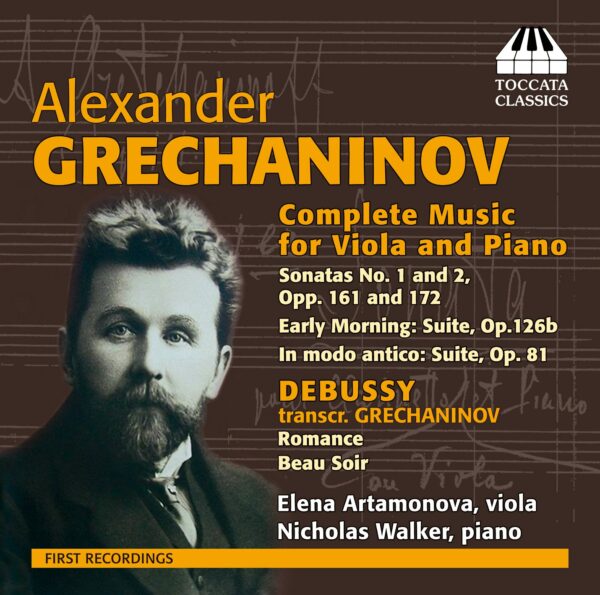
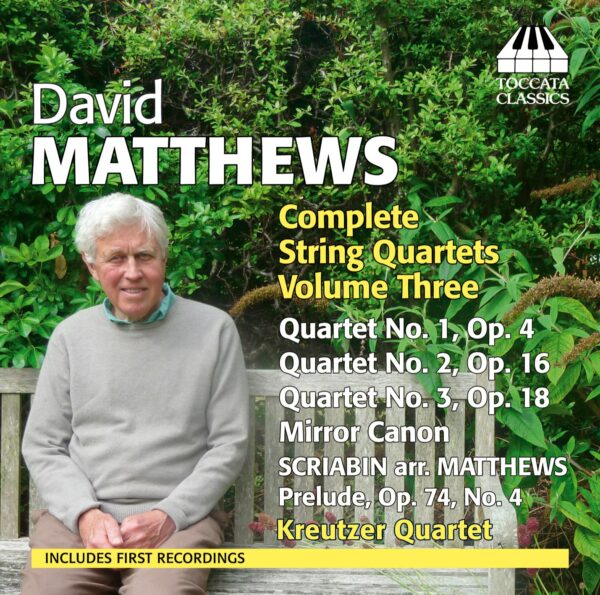
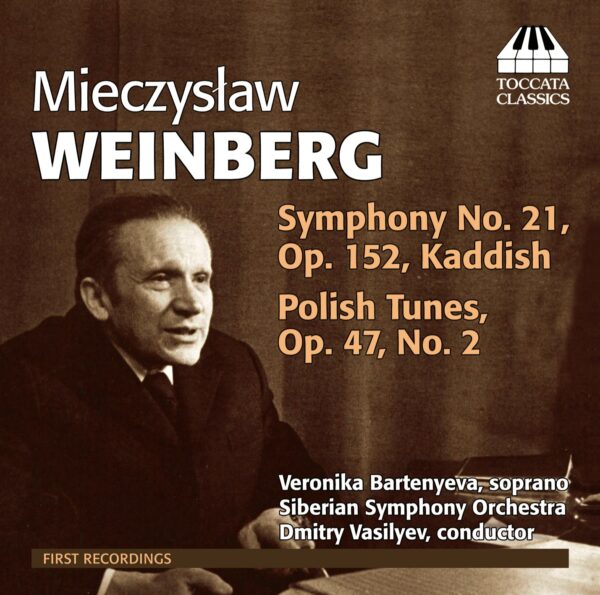
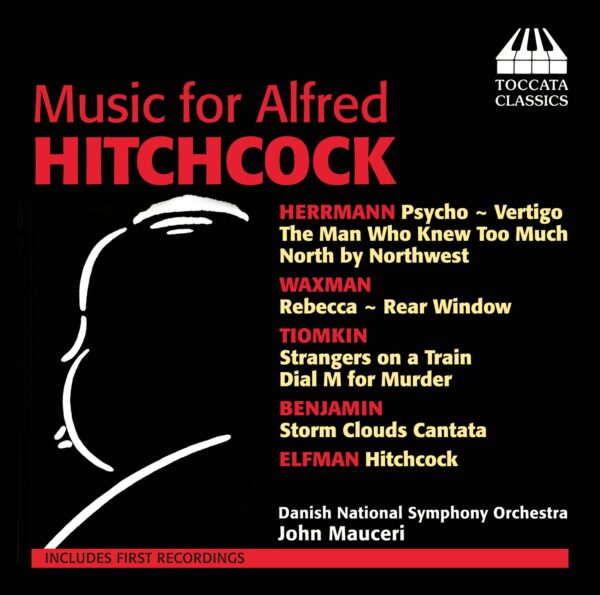
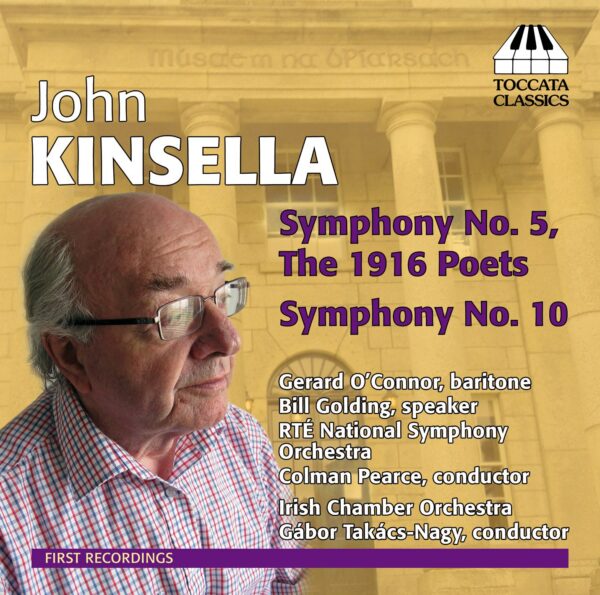
MusicWeb International :
‘…There is a high quotient of charm in Grechaninov’s chamber music, and that is an element that figures prominently here [Sonata Op. 161]. His penchant for vocal composition ensures that the melodies are at all times winningly warm, not least in the lyric effusions of the central Canzona movement. I hear hints of Spanish music in the finale though there is certainly a strain of Russian folklore buzzing merrily throughout, and some passages sound almost like Dvořák. …[Sonata Op. 172:] Here Slavic folk affiliations are to the fore, and a vigorous and engaging variation for solo piano too. I was most taken by the third variation where the piano’s gruff enquiries are met by a pliant viola response. There’s a viola cadenza before the spirited and exciting toccata-like coda. …These richly lyrical works, all pretty much unknown, receive highly persuasive and stylistically apt performances from Artamonova – who writes the excellent booklet notes – and Nicholas Walker. Well worth getting to know, in fact.’
—Jonathan Woolf, MusicWeb International
Fanfare Magazine :
‘Artamonova plays accurately and with a firm rhythmic pulse […] Walker is a sensitive musician, and he and Artamonova clearly listen well to each other […] Artamonova’s notes are detailed and very informative’
—Henry Fogel, Fanfare Magazine, September/October 2014